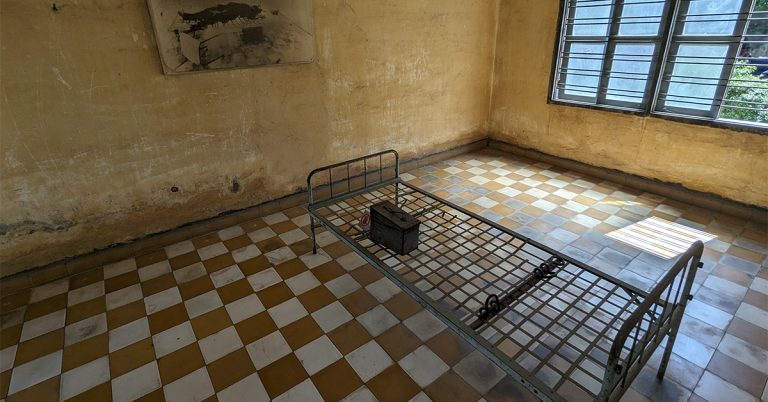
By Heather Williams and David Evans
On 8 April 2021, a new law was passed in France to allow teaching in state schools to take place by immersion in the various regional languages of the country. Proposed by Paul Molac, an MP from Brittany, the law was passed by 247 votes to 76, and dubbed a ‘historic breakthrough’ by language campaigners from Brittany to Occitania and the Basque country. It was set to provide unprecedented support for France’s indigenous languages, by allowing immersion language learning as currently practised in schools such as the Diwan network in Brittany. Throughout its 43-year history the Diwan schools have only been able to operate in the private sector, with most of their income coming from donations. This law would have given them a vital and substantial stream of state financial support.
However, the law was soon challenged by 61 MPs from the governing LREM (La République en marche) party led by Jean-Michel Blanquer, French Minister of National Education. It was referred to the Conseil Constitutionnel (an unelected scrutinizing body, known as ‘les sages’, or ‘the wise ones’) who declared it ‘unconstitutional’. They deemed it contrary to article 2 of the Constitution – added in 1992 in response to a perceived threat from English – which states:‘La langue de la République est le français’ (‘The language of the Republic is French’). The Council further condemned as unconstitutional the use of diacritical signs that are not used in French, for instance the tilde ~ that is used on the Breton name Fañch.

This led to huge protests across France on 29 May 2021. According to ELEN (European Language Equality Network), the international NGO for the protection and promotion of European lesser-used languages, a total of 48 separate demonstrations were held, with the largest attracting nearly 15,000 people in Gwengamp (French: Guingamp), Brittany. There are now growing calls for the French Constitution to be modified.
The current situation has its roots in the project of nation building that followed the French Revolution of 1789, particularly the way in which the principle of égalité (equality) was used to justify the elimination of regional languages. If all citizens of the new Republic were to be equal, then it was thought that they all needed to speak the same language: French. France is still recognized as the most centralized administration in Europe. Nowhere has the idea of a national language as unifying factor been stronger: in 1992, France refused to ratify the European Charter for Regional or Minority Languages, even though it was a signatory, and while the LREM promised to ratify it in 2017, they have still not done so.
Our new special issue of Nottingham French Studies explores the tensions that have resulted from France’s post-Revolutionary nation building, across a wide range of cultural production: poetry, fine art, theatre, translation, comics and graphic novels. We advocate for a post-national and post-monolingual approach to literature in French, questioning the centre-periphery model as well as dichotomies such as major-minor. This non-hierarchical view of centres and regions stresses that the periphery is not homogenous, but rather represents a linguistic and cultural diversity which maintains multiple dialogues, both transnational and transregional. Languages and cultures do not exist in isolation from each other, and most of the authors studied here are bilingual, which demands a multilingual reading practice.
The ‘new dialogues’ contained in this special issue bring Breton literature and culture into contact with the theoretical frameworks of French studies, Francophone studies, translation studies, comparative literature, cultural studies, minority and postcolonial studies, and ecocriticism. As French Studies tackles both its colonial and nationalist inheritance, and as France itself questions its own constitution, we hope that this issue will help expose the limitations of the methodological nationalism and monolingual mindset that are being increasingly critiqued across our discipline.
Further Reading
Thousands protest in support of territorial languages, European Language Equality Network
ELEN calls on President Macron to act to secure future of territorial languages, European Language Equality Network
Loi Molac. Le Conseil Constitutionnel (non élu) massacre le texte sur les langues régionales, Breizh-Info
Image Sources
NHU: https://www.nhu.bzh/international/nhu_brittany
Nottingham French Studies is dedicated to the entire range of French and Francophone studies, including: literature, culture, postcolonial studies, gender studies, film and visual studies, translation, thought, history, politics and linguistics, and covering all historical periods from medieval to the 21st century. The journal aims to represent established as well as new and emerging areas of research in the field of French studies. Find out how to subscribe, or recommend to your library.






